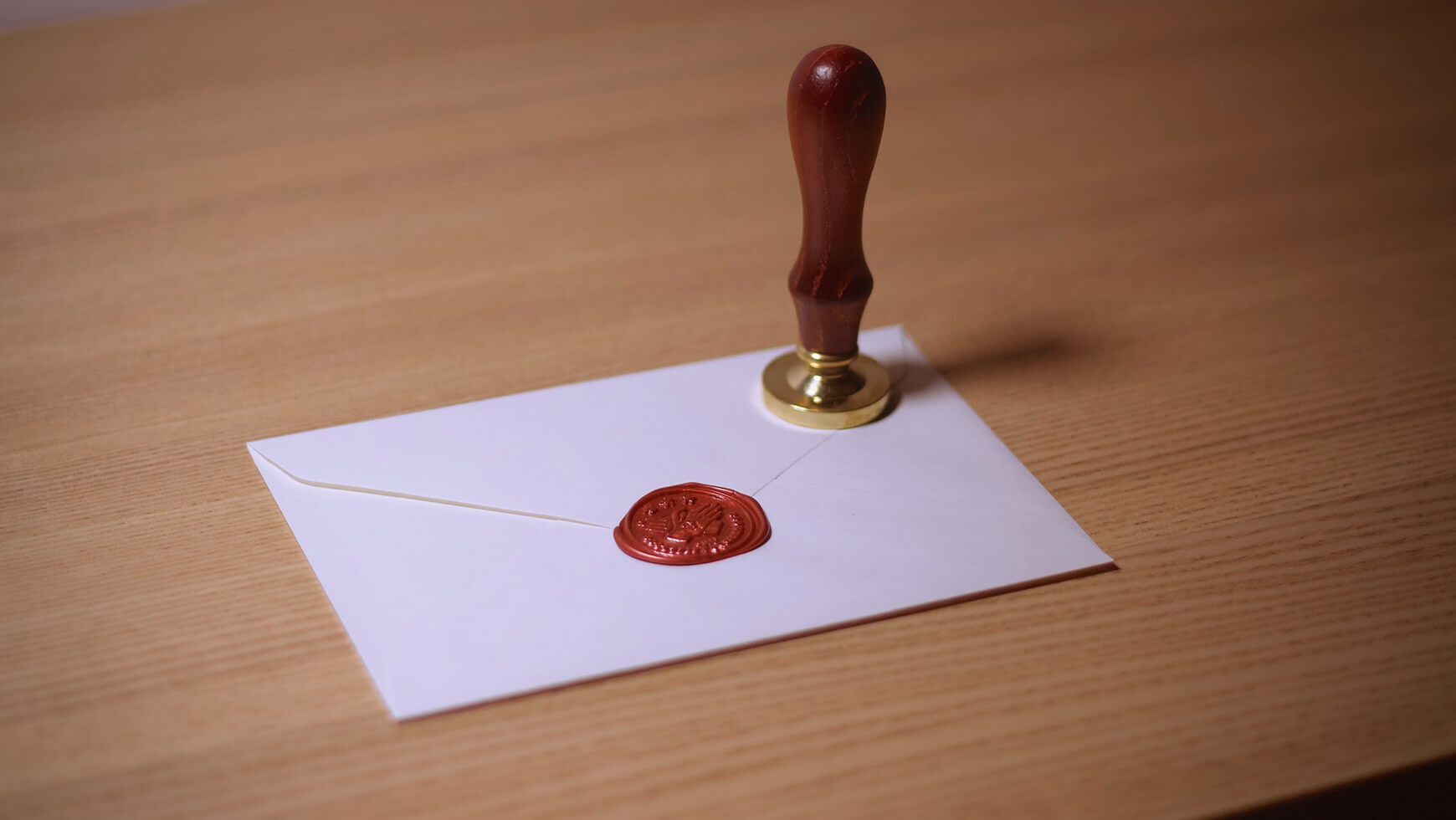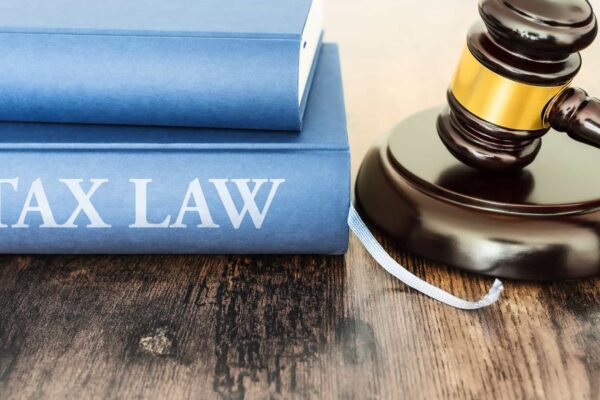Notarisation, Apostille & Legalisation
The terms “notarisation” and “apostille” are widely discussed amongst professionals, legal practitioners and the general public. However, do you really know what these terms mean? What sort of documents can be notarised and apostilled? And what is the process for notarisation and apostille?
Besides, what does the term “legalisation” mean and what is the process of legalising documents? For those who work with Mainland China, you may have come across the term “attestation”. What does it mean by attesting a document?
In essence, these terms all refer to the different methods of authenticating official and important documents. The purpose of authenticating official and important documents may vary from case to case. It may also be required by the different agencies, governments or entities outside of Hong Kong.
Notarisation
Notarisation is the process whereby a notary public signs his signature and attaches his seal on documents. This is done after witnessing the signature or having authenticated/certified the documents (i.e. legal documents and official public documents).
When the documents are verified and certified, they become certified true copies of the original documents. Depending on what is required, notarisation is, in general, the first step to the entire authentication process.
Certification or Certified True Copy
Certification, a simple authentication process, can typically also be done by, for example, a lawyer instead of a notary. In general, for certifying a document or signature, a lawyer will make a copy of the original document and certifies that the copy is a true and complete copy of the original (and true likeness of the person in case of a passport/identity card). This is called a certified true copy.
Certifying of a signature is done so whereby the person is signing a document in front of the lawyer and the lawyer certifies that the signature is the person’s true signature.
Apostille
Apostille is, in most cases, the next step to the authentication process. Apostille is a sticker and a seal placed on a document to confirm the authenticity of public documents (either on the original or certified copy) and any other paperwork, such as legal documents.
That being said, apostille can only be done by the Hong Kong High Court. The purpose of apostille is for the documents to be legally recognised and accepted in a foreign country. However, apostille will only be legally recognised and accepted by the 110+ countries that are part of the Hague Apostille Convention.
Legalisation
Suppose a country is not a party to the Hague Apostille Convention. In that case, the documents need to be legalised instead of apostilled. The documents that have been notarised by the notary public will need to be legalised by the relevant country’s embassy before they can be used in that country.
In particular, this concept is important when dealing with Mainland China, as it is not a member of the Hague Apostille Convention. For example, if a document is to be used outside of Mainland China:
- The documents need to be first notarised by the local notary (in the city where the individual/company is located)
- The notarised documents have to be legalised by the Ministry of Foreign Affairs of the People’s Republic of China (“MOFA”)
- to be legalised by the relevant embassy/consulate of the country where the documents are to be used
Further, although Hong Kong is part of the People’s Republic of China within the framework of “One Country, Two Systems” any Mainland Chinese documents to be used in Hong Kong will need to be notarised and “confirmed” by the MOFA.
Attestation
For any Hong Kong documents to be used in Mainland China, the documents are not required to be authenticated by a public notary. Instead, it is to be attested and certified by a qualified Hong Kong lawyer who has been appointed by the Ministry of the People’s Republic of China as a China Appointed Attesting Officer (CAAO). After that, the documents will need to be legalised by the China Legal Services (HK) Limited (CLS) before they are officially recognised in Mainland China.
Case Studies
Case study 1 – Hong Kong Power of Attorney (“PoA”) to be used in Mainland China and Mainland Chinese death certificate to be used in Hong Kong
We have a client in Hong Kong, whose aunt passed away in Mainland China. When applying for probate in Hong Kong, there needs to be a Will in place. However, it was unclear whether the client’s aunt had a Will or had done any estate planning. Therefore, a Will search through the Law Society of Hong Kong was needed.
The Will search would have been much simpler and straightforward if the aunt passed away in Hong Kong. The client would have only needed to provide the death certificate issued by a Hong Kong hospital to the lawyer assisting with the probate.
However, as the aunt passed away in Mainland China, the Hong Kong lawyer needed the death certificate issued by the Mainland China hospital to be notarised and “confirmed” by the MOFA before carrying out a Will search in Hong Kong. That being said, the client was unable to physically travel to Mainland China to have the death certificate notarised and “confirmed” due to COVID-19 related restrictions.
Accordingly, the client appointed a Mainland Chinese lawyer to assist with the notarisation and “confirmation” of the death certificate. To do that, the client had to give a PoA and a declaration proving the client’s relationship with her aunt to the Mainland Chinese lawyer. As these two documents were to be used in Mainland China, the documents are required to be attested and certified by a CAAO and subsequently legalised by the CSL.
After that, the documents were forwarded to the Mainland Chinese lawyer to assist with the notarisation and legalisation of the death certificate. Making the matter slightly more complicated, the client’s father and aunt were born during the wartime era. Therefore, there is no direct proof that can prove our client’s relationship with her aunt.
We assisted the client in having the PoA and the declaration prepared and attested by working closely with the CAAO, the CLS, the Mainland Chinese lawyer and Mainland Chinese notary. We prepared a set of indirect proofs, which proves our client’s relationship with her aunt that was accepted by all the parties involved.
Once the PoA and the declaration were agreed upon, the CAAO and the CLS attested, certified and legalised these documents immediately. However, it is important to note that this process, having all parties mutually accepted the contents of the PoA and the declaration, took more than five months.
These documents were then forwarded to the Mainland Chinese lawyer to assist with the notarisation and “confirmation” of the death certificate. As mentioned above, the death certificate was notarised by the local notary first and then “confirmed” by the MOFA. Upon receiving the notarised and “confirmed” death certificate, we were able to carry out the Will search in Hong Kong.
Case study 2 – Mainland China PoA to be used in Romania
In another case, one of our other clients based in Mainland China was required to give a PoA to a Romanian tax firm for a specific tax registration in Romania. We assisted the client in having the PoA prepared in both Romanian and Simplified Chinese side by side for the Mainland Chinese notary.
In addition, we helped the client by arranging the necessary appointment for the client to sign the PoA in front of the Mainland Chinese notary. Subsequently, we set the appointment with a MOFA “authorised agent” to assist with the legalisation of the PoA with the MOFA and with the Romanian embassy in Mainland China.
Please note that direct contact with the MOFA is only possible in tier-one cities, such as Beijing, Shanghai and Shenzhen. Otherwise, one needs to go to one of the “authorised agents” in their local city to assist with the legalisation.
Conclusion
Before deciding whether you need to notarise, apostille or legalise the documents, you will need to confirm with the relevant authorities/entities to whom you will present the documents (including the country in which the documents will be used).
Although the process seems relatively simple, each individual’s facts and circumstances can make the entire process long and complicated.
For assistance in getting your documents notarised, apostilled, legalised or attested, do not hesitate to get in touch with HKWJ Tax Law & Partners Limited.






